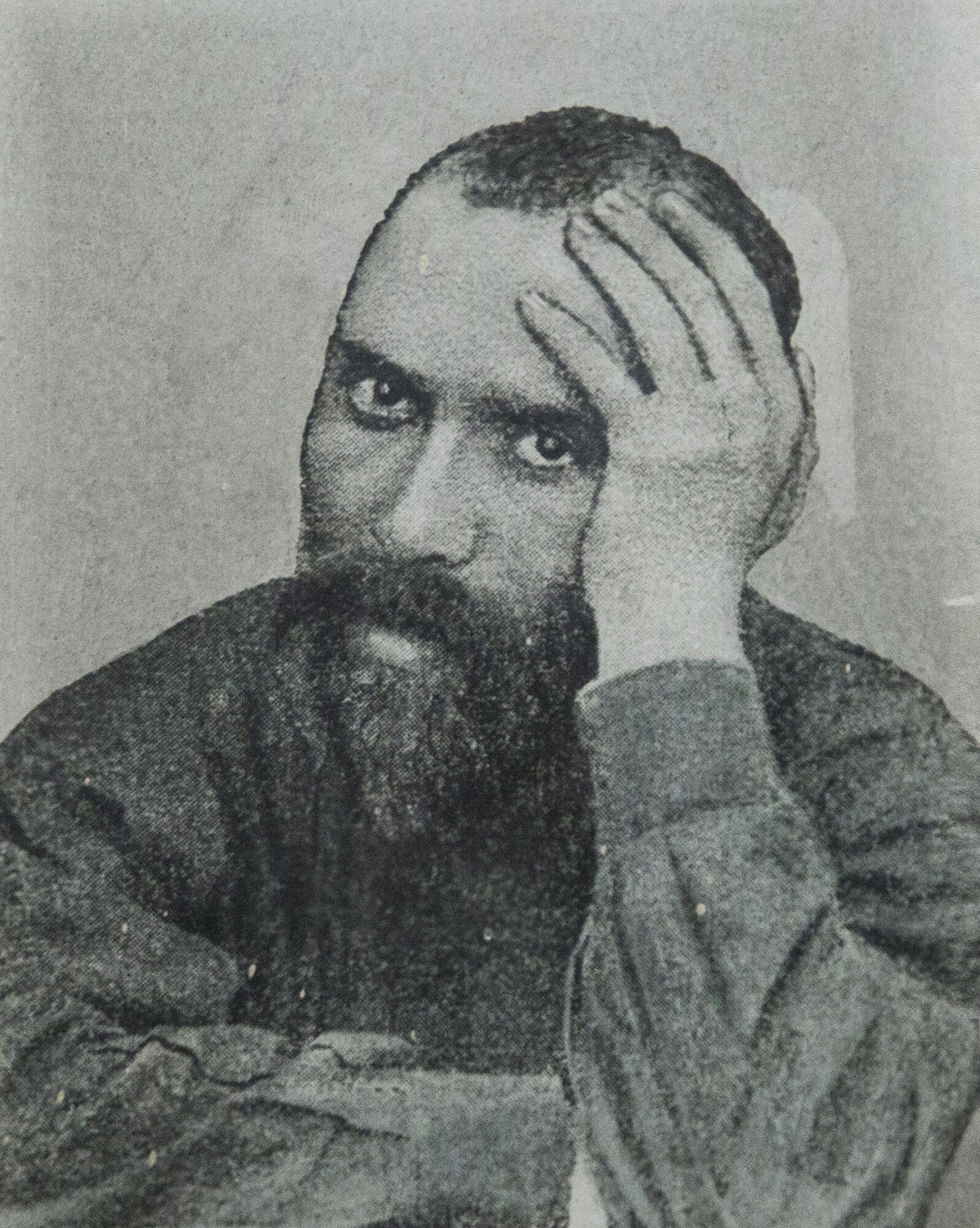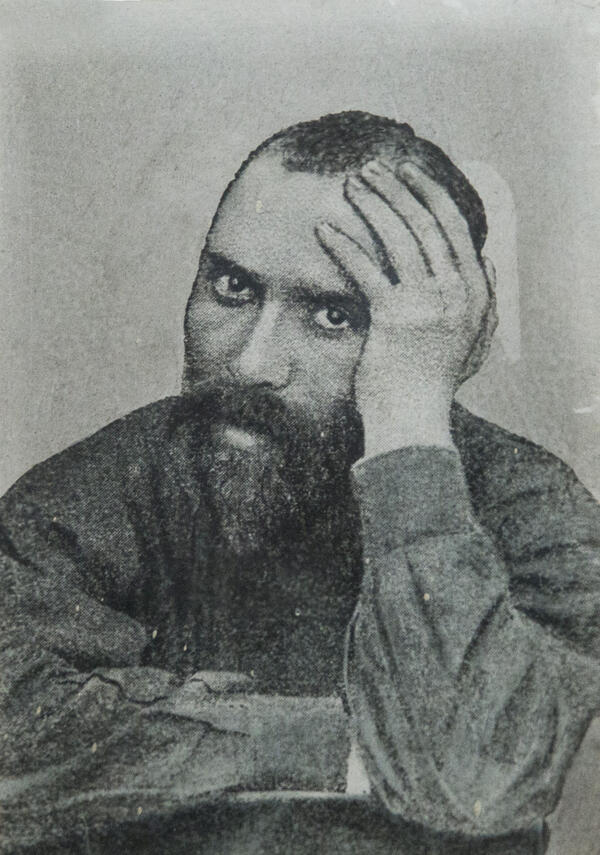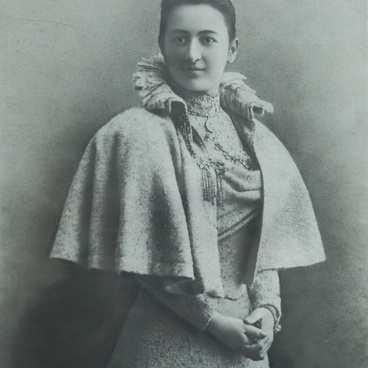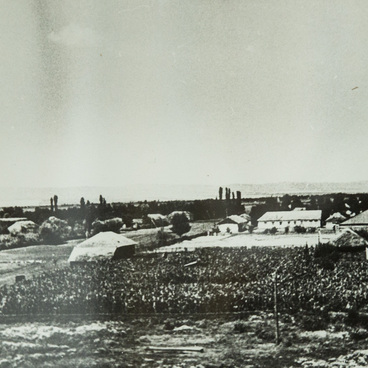In 1901, Kosta Khetagurov returned to Vladikavkaz. Without winning the love of Anna Tsalikova, in the spring of 1903, the poet proposed to the daughter of his friend Elena Khurumova. She said yes to Khetagurov, and he began to prepare for the wedding.
Kosta Levanovich sold his inherited land plot and started building a house on the outskirts of Vladikavkaz, at the corner of the modern Armyanskaya and Voykova streets. His friends, having learned about the poet’s plans, supported him. In particular, they helped to build the roof of the house under construction.
But Khetagurov’s dreams did not come true. Three months before the wedding, at the age of twenty-two, his fiancee Elena died of tuberculosis. In the middle of 1903, the poet himself showed the first signs of a nervous system disorder, due to which Kosta Levanovich partially lost the ability to speak.
By the end of the year, his health had deteriorated dramatically. Khetagurov became weaker and weaker. The poet’s sister Olga khetagurova-Kaitmazova made a lot of efforts to help her brother, but the family did not have the funds for full-fledged treatment. Then, Khetagurova-Kaitmazova moved Kosta Levanovich to the village of Georgievsko-Osetinskoe and collected all the necessary documents to get official custody of him. This was the only way she could dispose of the poet’s property, sell a part of it, and spend the proceeds on treatment. However, she was denied custody - and Khetagurov was left without much-needed medical care.
Only donations from his friends and caring people from all over the Caucasus helped to maintain the poet’s health. Delegations of highlanders often visited Kosta Levanovich, and the press often published notes calling on the Caucasian intellectual society to take care of the famous poet. Thus, the newspaper “North Caucasus” in 1904 wrote about Khetagurov as a poet whose songs “are sung at all feasts, weddings, family and social celebrations” in Ossetia. The author of the article openly resented that Kosta Levanovich was forgotten and abandoned by the Vladikavkaz intellectual society and was forced to live out his last days in poverty.
Kosta Levanovich sold his inherited land plot and started building a house on the outskirts of Vladikavkaz, at the corner of the modern Armyanskaya and Voykova streets. His friends, having learned about the poet’s plans, supported him. In particular, they helped to build the roof of the house under construction.
But Khetagurov’s dreams did not come true. Three months before the wedding, at the age of twenty-two, his fiancee Elena died of tuberculosis. In the middle of 1903, the poet himself showed the first signs of a nervous system disorder, due to which Kosta Levanovich partially lost the ability to speak.
By the end of the year, his health had deteriorated dramatically. Khetagurov became weaker and weaker. The poet’s sister Olga khetagurova-Kaitmazova made a lot of efforts to help her brother, but the family did not have the funds for full-fledged treatment. Then, Khetagurova-Kaitmazova moved Kosta Levanovich to the village of Georgievsko-Osetinskoe and collected all the necessary documents to get official custody of him. This was the only way she could dispose of the poet’s property, sell a part of it, and spend the proceeds on treatment. However, she was denied custody - and Khetagurov was left without much-needed medical care.
Only donations from his friends and caring people from all over the Caucasus helped to maintain the poet’s health. Delegations of highlanders often visited Kosta Levanovich, and the press often published notes calling on the Caucasian intellectual society to take care of the famous poet. Thus, the newspaper “North Caucasus” in 1904 wrote about Khetagurov as a poet whose songs “are sung at all feasts, weddings, family and social celebrations” in Ossetia. The author of the article openly resented that Kosta Levanovich was forgotten and abandoned by the Vladikavkaz intellectual society and was forced to live out his last days in poverty.



